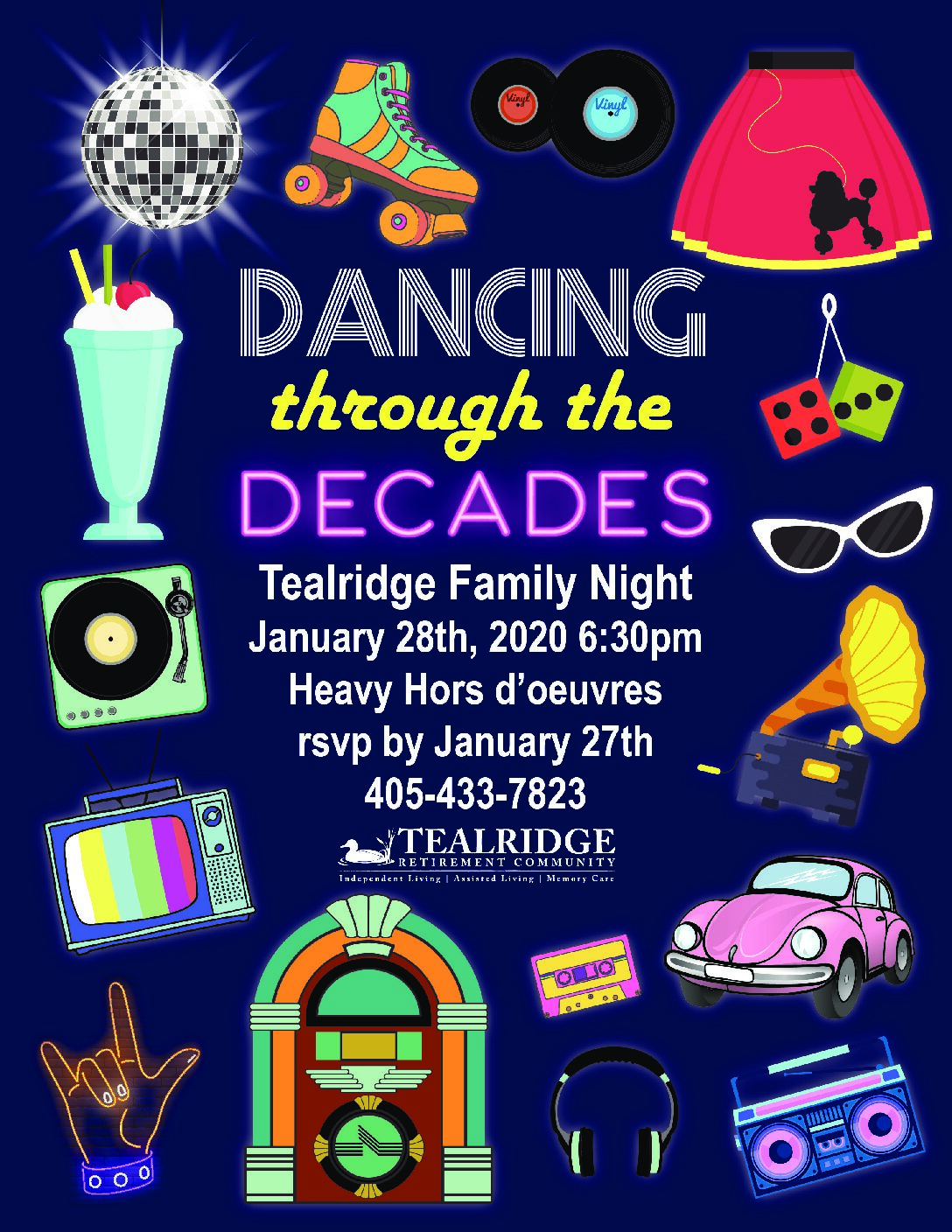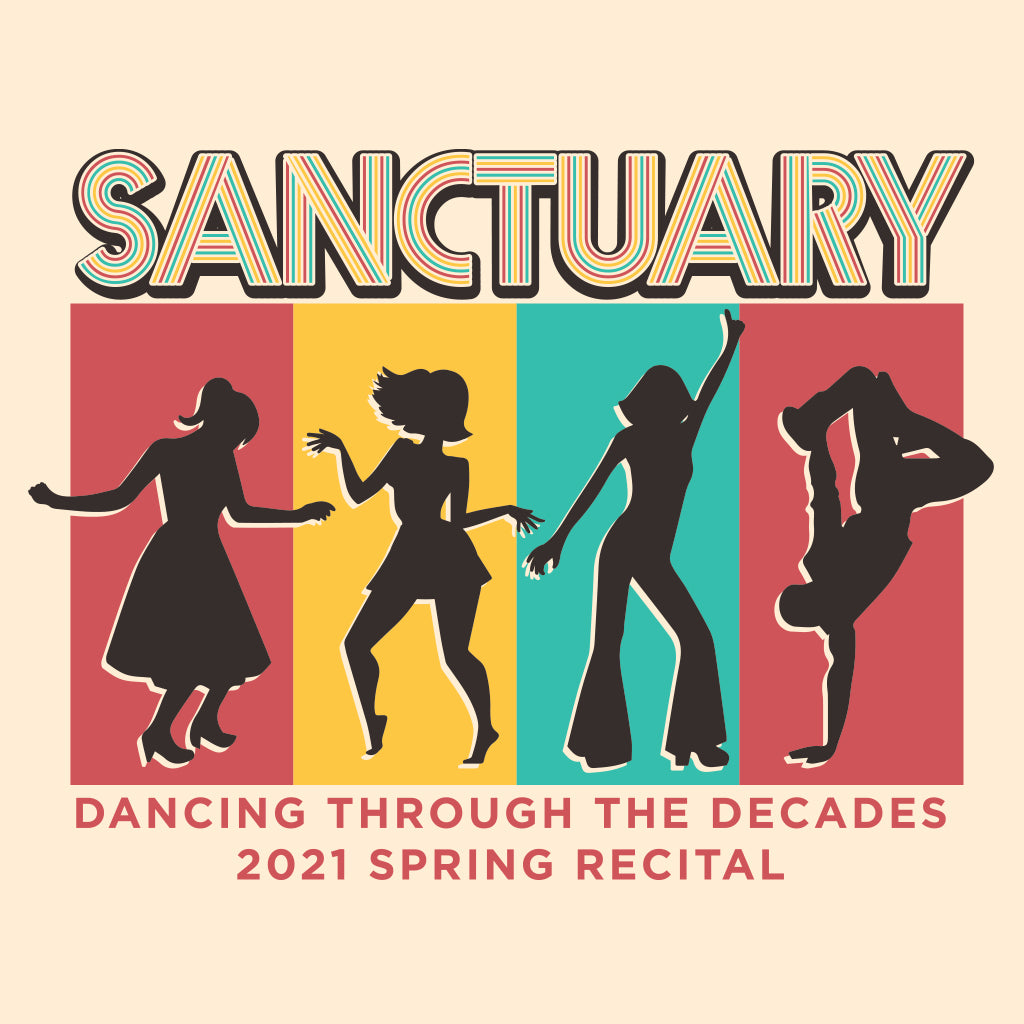It's a curious thing, how time seems to slip by, isn't it? One moment, we are just starting out, and then, before you know it, years have turned into a whole new period. We often speak about things happening "through the decades," and that phrase, you know, it really holds a lot of meaning for us. It helps us think about how things shift and change over a long stretch of years, more or less like a quiet river flowing onward.
Thinking about time in chunks, like these ten-year periods, helps us make sense of the world, actually. It's a way to put a frame around memories, or maybe to see how ideas and ways of doing things have evolved. When we say something has been happening "through the decades," we're really talking about a long, steady kind of movement, a continuous thread that runs through many years. It’s a bit like watching a long movie, where the scenery changes slowly but surely.
So, what does it truly mean when we talk about things going "through the decades"? It points to how experiences, ways of thinking, and even the very fabric of our daily lives have been shaped by the passage of time. We will explore what this common phrase really means, and how it helps us understand the story of our world, you know, as it keeps moving forward.
Table of Contents
- What Does "Through the Decades" Mean?
- How Do We Talk About Time's Passage Through the Decades?
- What Really Changes Through the Decades?
- Have Social Norms Shifted Through the Decades?
- Looking Back at the Last Few Decades
- The Idea of a Decade
- Personal Reflections Through the Decades
- The Way We Speak Through the Decades
What Does "Through the Decades" Mean?
When someone says "through the decades," they are talking about something that has moved from the start of a period to its finish, and then kept going through many such periods. It's not just about one ten-year stretch, but several of them, you know, one after the other. It helps us speak about a feeling or a way of doing things that has been around for a very long time, affecting everything it touches, or perhaps moving across a wide area. For example, a certain kind of plant might grow "through" a whole field, meaning it's everywhere in that field. In the same way, an idea can spread "through the decades," touching many different times and places.
The word "through" itself, actually, has a couple of ways it can be used. It can mean going from one side of something to the other, like walking from one end of a garden to the other. Or, it can mean from the very beginning to the very end of a period of time. So, when we put "through" with "the decades," it means something has been happening, changing, or staying the same for a good many ten-year blocks of time. It really points to a long and continuous kind of happening, you know, something that has been going on for a considerable amount of time.
How Do We Talk About Time's Passage Through the Decades?
There are a few ways we talk about time passing, and sometimes the differences are, like, a bit hard to spot. When we say "over the past decades," it usually means something has been happening regularly for a number of ten-year periods that have just gone by. It suggests a steady kind of occurrence, a pattern that has shown up time and again. For instance, a certain kind of weather might be common "over the past decades," meaning it has been a usual thing for a good while. This is a bit different from saying something happened "in a decade," which just means it will happen at some point within a ten-year span from now, with no specific date attached.
Then there's "in the/this decade," which points to things happening within the current ten-year period we are living in right now. It implies a sense of the present, or very recent past, you know, within these specific ten years. So, while "over the past decades" looks back at a long series of past ten-year periods, "in the/this decade" focuses on the one we are currently experiencing. It's about how we frame the passage of time, whether we are looking at a long stretch that has gone by or the particular chunk of time we are in right now. It is, basically, about perspective when it comes to marking time.
What Really Changes Through the Decades?
It's interesting to think about what truly shifts when we look back "through the decades." A lot of things that seem completely normal to us now were once seen very differently, you know. Think about certain life events, like getting divorced. Just a couple of ten-year periods ago, someone having gone through a divorce was often viewed as not quite right, especially for a woman. There was a strong feeling that it was not proper or good. But now, it's something that, while still difficult, carries far less of that kind of judgment. This shows how much our shared ideas about what is acceptable can change over time.
Beyond personal situations, the way we speak and the phrases we use also go through changes "through the decades." What was once common language can become old-fashioned, and new ways of speaking pop up all the time. This constant shift in language is a good example of how culture itself is always moving. So, really, when we consider what changes, it's not just big events, but also the smaller, everyday things that make up our lives and how we talk about them, too. It is, in some respects, a continuous reshaping of our world.
Have Social Norms Shifted Through the Decades?
Yes, social norms have definitely shifted "through the decades," and in quite noticeable ways. The example of how divorce was viewed really shows this. What was once seen as something to avoid at all costs, almost a mark against a person, has become, you know, a more accepted part of life for many. This isn't to say it's easy, but the public feeling around it has softened a lot. It tells us that what a group of people considers normal or right is not fixed; it can move and change with the passing years.
Another way to see this shift is in how we handle financial difficulties. The idea of bankruptcy, for instance, used to carry a very heavy sense of failure. But now, there's a more practical view that if it's going to happen, you just deal with it. This change in attitude reflects a broader movement in how people approach life's ups and downs. These kinds of shifts in shared ideas and ways of acting are, basically, a constant part of living "through the decades," shaping how we interact with each other and the world around us.
Looking Back at the Last Few Decades
When we look back at the last few decades, we can see how certain things have been happening pretty regularly. The phrase "over the past decades" points to this steady occurrence, where something has been a common feature for many ten-year periods that have just gone by. It's a way to describe ongoing patterns or trends that have been present for a good while. For example, if we talk about how technology has changed "over the past decades," we are thinking about the continuous improvements and new ideas that have kept showing up, year after year, for a long stretch of time.
This kind of historical view helps us to understand the bigger picture of how things develop. It's not just about one sudden change, but a series of smaller shifts that add up to something much larger. So, when we use this phrase, we are really trying to capture the feeling of something that has been a consistent part of recent history, you know, something that has been happening again and again for a good long time. It gives us a sense of continuity and how the present is connected to what came before, more or less like a chain of events.
The Idea of a Decade
At its heart, a decade is simply a period of ten years. When we talk about "decades" (plural), we mean more than one of these ten-year blocks, so more than ten years in total. It's a very straightforward way to count and categorize time, giving us a manageable chunk to refer to. For instance, you might say, "I can't believe it's been a decade since I last saw you," which means ten whole years have gone by since that meeting. It's a useful measure for marking significant stretches of time, you know, for personal milestones or bigger historical moments.
The way we use "decade" can also tell us about the specific time frame we have in mind. If something is happening "in a decade," it means it will occur sometime within the next ten years from now, without a set date. But if we say "in the/this decade," we are talking about events that are happening within the current ten-year period we are living through. This shows how a simple word can be used to point to different parts of the timeline, helping us to be clearer about when something happened or will happen. It's, basically, a fundamental way we keep track of time passing.
Personal Reflections Through the Decades
Thinking about our own lives "through the decades" can be a very personal experience. We might look back at our younger selves and see how much we have grown, or how our interests have changed. The things that seemed so important at one point might now seem a little less so, and new ideas or concerns might have taken their place. This kind of reflection shows us how we, as individuals, are also shaped by the passage of time, you know, just like bigger societal trends. It's a continuous process of becoming someone new, even while holding onto parts of who we always were.
Our personal stories are, in some respects, a collection of moments spread out over many ten-year periods. We might remember a particular fashion trend that was popular "through the decades" of our youth, or a certain kind of music that defined a specific time. These small details help to paint a picture of our own personal history, showing how our experiences are tied to the broader flow of time. It's a way to appreciate the journey we've been on, and how each ten-year chunk has added something new to our lives, more or less building on what came before.
The Way We Speak Through the Decades
The words and phrases we use change quite a bit "through the decades," too. Language is always moving, picking up new expressions and letting go of old ones. What might have been common slang just a few ten-year periods ago could sound quite strange to someone younger today. For example, some informal ways of speaking, like saying someone is "all up in my grill" to mean they are getting uncomfortably close, are pretty modern, you know, from the last couple of decades. This shows how language is a living thing, always adapting to how people communicate.
Even formal language can shift over time. What was once considered the proper way to say something might become less common, or even disappear from everyday speech. This constant evolution means that if you look back at writings from different ten-year periods, you will find differences in how people expressed themselves. It's a reminder that language is a tool that changes with its users, reflecting the times they live in. So, the way we speak is, basically, a snapshot of its own time, always moving forward "through the decades."


